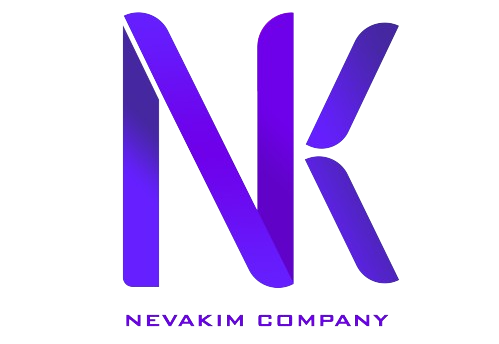There are currently 11 INCOTERMS, divided into four main categories:
- E Term (Departure Terms):
- EXW (Ex Works): The seller makes the goods available at their premises, and the buyer is responsible for all transportation and export formalities.
- F Terms (Main Carriage Unpaid):
- FCA (Free Carrier): The seller delivers the goods, cleared for export, to the carrier nominated by the buyer at a specified location. The buyer is responsible for transportation from that point onward.
- FAS (Free Alongside Ship): The seller delivers the goods, cleared for export, alongside the vessel at the named port of shipment. The buyer bears all costs and risks from this point onward.
- FOB (Free on Board): The seller delivers the goods, cleared for export, on board the vessel at the named port of shipment. The buyer is responsible for all costs and risks from this point onward.
- C Terms (Main Carriage Paid):
- CFR (Cost and Freight): The seller delivers the goods on board the vessel at the named port of destination. The seller pays for the transportation of the goods to the named port of destination, while the buyer bears the risk of loss or damage during transit.
- CIF (Cost, Insurance, and Freight): Similar to CFR, but the seller also arranges and pays for marine insurance against the buyer’s risk of loss or damage during transit.
- D Terms (Arrival Terms):
- DAT (Delivered at Terminal): The seller delivers the goods, unloaded, at a named terminal at the destination port or place of destination. The seller bears all risks and costs until the goods are unloaded at the terminal.
- DAP (Delivered at Place): The seller delivers the goods, unloaded, at the named place of destination. The seller bears all risks and costs until the goods are ready for unloading at the specified destination.
- DDP (Delivered Duty Paid): The seller is responsible for delivering the goods to the named place of destination, cleared for importation and ready for unloading. The seller bears all risks and costs, including customs duties and taxes.
These INCOTERMS cover various stages of the transportation process, from the point of departure to the final destination, and allocate responsibilities and risks accordingly between the buyer and the seller. It’s essential to choose the appropriate INCOTERM based on the specific requirements and circumstances of each transaction.

